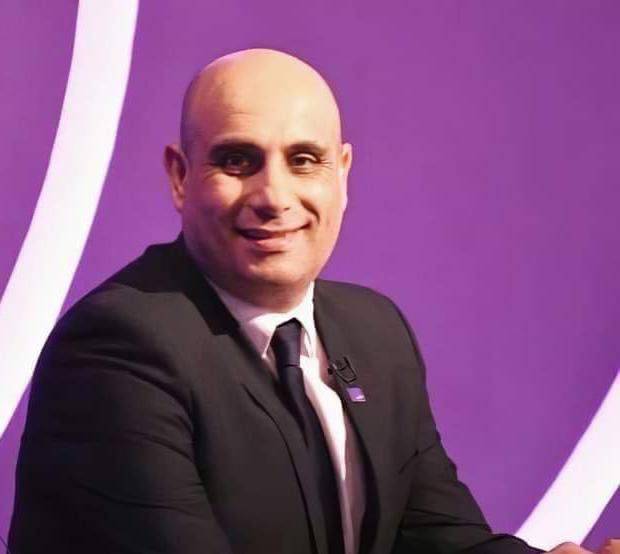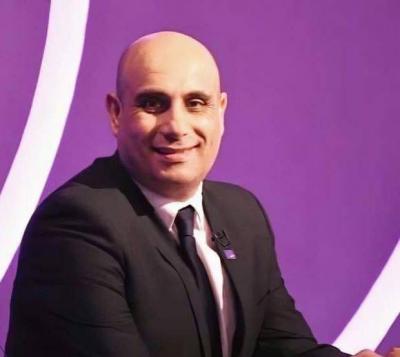The Syrian basketball team continues its training under the leadership of Argentine head coach Facundo Bitarachi, preparing for the Beirut Cup, which will be held from February 17 to 20, under the supervision of the Lebanese Basketball Federation and organized by "Global Active Sports." Afterward, the team will return to the Syrian capital, Damascus, to continue training before heading to the Lebanese capital, Beirut, for the tournament. The competition will conclude three days before the official Asian window, where the team faces Lebanon in Damascus and the UAE in Dubai.
The sixth group also includes Bahrain, which was previously in the same group as Syria during the 2022 Asian Cup qualifiers, where Syria achieved its only win against Bahrain, 80-64, in Damascus. However, Syria could not overcome the long break caused by the war and finished last in the group.
Many changes have occurred in the Syrian national team, both in terms of the coaching staff and players, including naturalized players, following the appointment of Argentine coach Facundo Bitarachi last month and a greater focus on relying on players of Syrian descent. This adds an element of ambiguity about the new team's makeup to their competitors ahead of their debut in the Beirut Cup. Additionally, a new naturalized player has been brought in, American player Javion Blake, who plays for the Mrihimeen team in Lebanon.
Syria Basketball Federation President Tarif Qotrash emphasized that there are many changes within the team post-Bitarachi’s hiring and stated, "The team will not be complete in the Beirut Cup due to the absence of professional players, who will join only during the international FIBA games—namely, the Asian qualifiers. However, the tournament will be beneficial for us to identify potential gaps, and we'll rely on experienced players and the new naturalized player, Blake."
Qotrash believes that Blake is the best choice for the Syrian team, with distinctive individual and team capabilities, and he can play both the point guard and wing positions. Regarding the decision to hire an Argentine coach and if he was involved in selecting the naturalized players—whose identities have not been disclosed—Qotrash mentioned, "We have a large community in Argentina and Brazil, and scouts in Germany and America. A team is working in cooperation with the Argentine coach to find a combination capable of representing Syria in the best light, consisting of talented young players and experienced players from the Syrian league, which is gradually improving after the hardships of the war."
Qotrash continued, "The new format of the Syrian team in the Asian window is favorable in terms of rivals not knowing the team's strengths and weaknesses, while we are aware of our opponents’ strengths, particularly Lebanon, which has a developed national team. Lebanon currently boasts the best basketball program in the Arab world, so we will attempt to secure one or two wins in the Beirut Cup, and our players should be ready as they compete in a professional league. Our goal is to further develop the game at the men's level, following our success in making significant strides in women's basketball."
With a large Syrian community in Lebanon, when asked if efforts will be made to rally support for the Syrian team during the Beirut Cup, Qotrash replied, "During the crisis that Syria faced, sports became the unifying factor bringing people together around their national team, similar to what happened in South Africa, where the national team kept the fans away from extremism. We aim to bring joy to our fans and ask for their patience and support for the team, encouraging them to observe the effort put in to see the desired results."
Qotrash concluded by discussing the Syrian professional league and the strict directives from the Syrian Federation, which maintains a neutral stance towards all clubs, acknowledging that some matches occasionally see crowd chaos, even though most league games are “full house.” Thus, the federation does not penalize clubs for fan behavior but imposes financial fines, which are less expensive than excluding fans from even a single match, reaffirming the federation's commitment to the clubs' interests.




